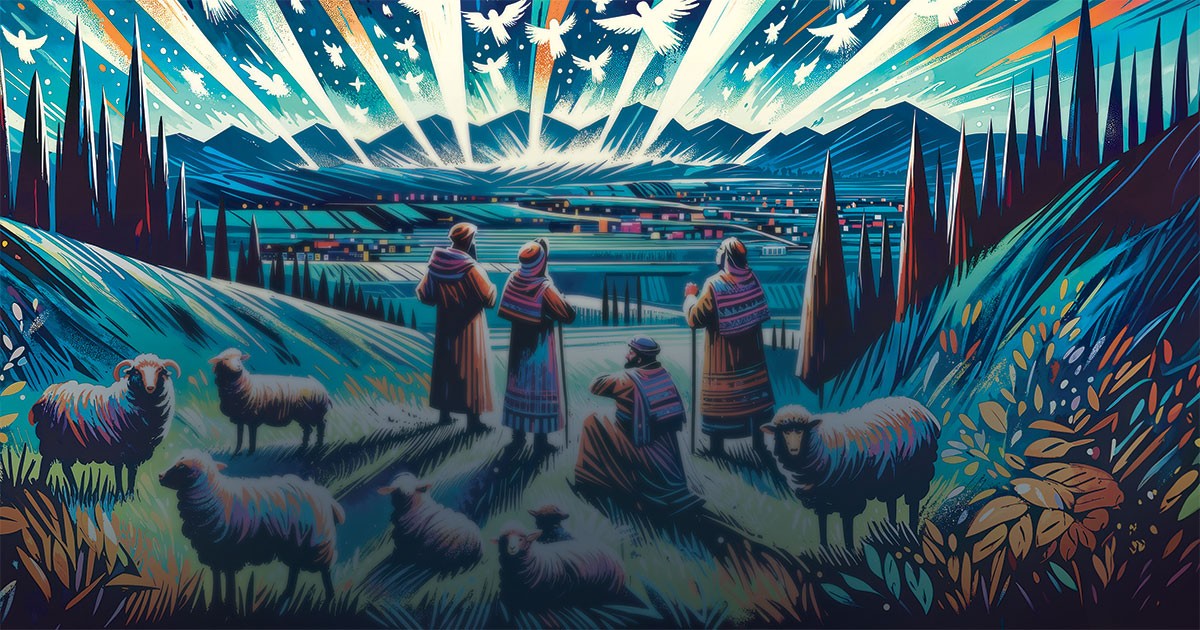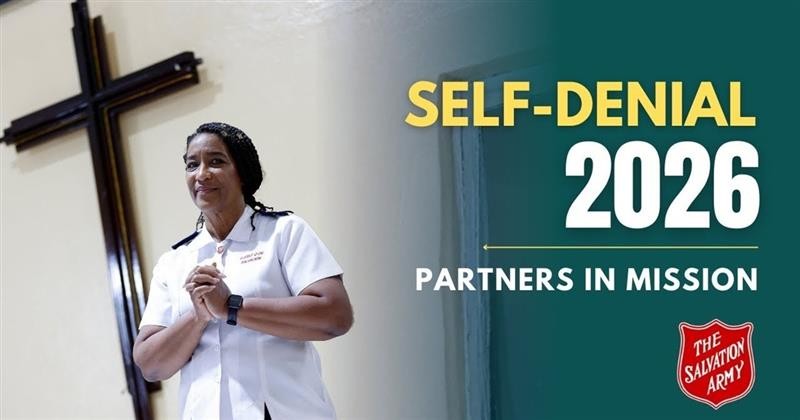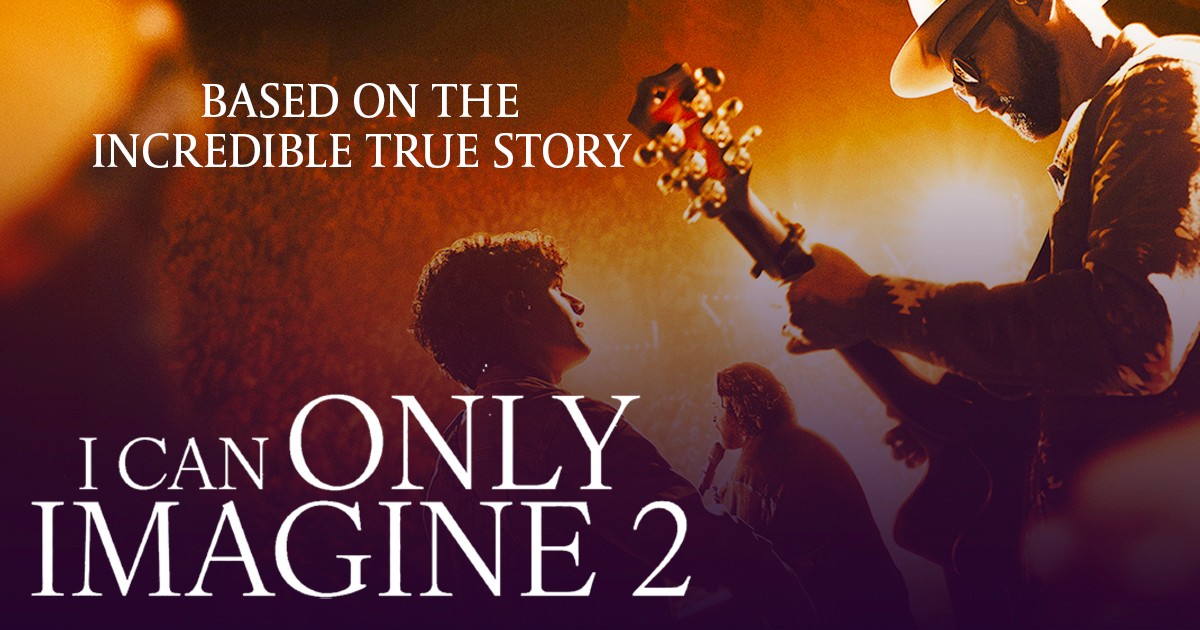Several years ago, on an episode of Family Feud, the contestants were asked to name one of the seasons. The top five answers were on the board. How could that be? I wondered. Everyone knows there are only four seasons. As the contestants easily rattled off the four commonly known three-month periods that are marked by changes in the weather and daylight, they were stumped on what the fifth season could be. As was I. Finally, the answer was revealed—Christmas. The answer wasn’t obvious because Christmas is not a season in the meteorological sense.
The fact that so many people refer to Christmas as a season tells you how significant it is. It may even feel like a three-month event with all the preparations, celebrations and financial obligations. The sheer magnitude of the Christmas season means most people are touched by it somehow. How we are affected by it probably has a lot to do with how we are doing and how things are going for us. Christmas has the potential to magnify whatever is happening in our lives, both good and bad.
When things are going well, Christmas can be a time of joy and festivity. Some of the most memorable moments of my life happened during the Advent season. Getting married to my amazing wife two weeks before Christmas and saying our vows in a festively decorated hall is one great memory. Celebrating our first Christmas together as a small family after the birth of our daughter and spoiling her rotten is another memory. I can still picture her fast asleep in the middle of scattered wrapping paper. Spending a Sunday afternoon in Victoria at a TV studio as cars lined up along the street to unload donations of toys and food for the many families we were privileged to help—that was another.
And then there are the occasions when life is full of challenges and it is hard to put one foot in front of the other and keep going. Singing carols and opening gifts may be the last thing on your mind. Maybe it’s the first Christmas without a partner or parent in your life. Maybe you’ve lost your job and you’re stressed because your kids are expecting everything you used to provide at Christmas, but this year is going to have to be a little different. Or maybe you don’t know what the reason is, but you just don’t feel like being with people or celebrating this year. Or maybe the opposite is true—you are yearning for connection and companionship, but the many restrictions in place due to the pandemic have left you feeling isolated and discouraged.
No matter what the challenges we are facing, Christmastime can amplify those hardships. Constantly hearing exhortations to be “merry and bright” can heap guilt and shame onto an already difficult situation. The good news is that the story of Jesus’ birth and the message of the Incarnation is not one that decrees we must be happy and singing all the time. When the angel appeared to the shepherds and said, “Do not be afraid. I bring you good news that will cause great joy for all the people” (Luke 2:10), it was a jubilant message, to be sure. But that announcement, in its historical context, was a message of hope to a community that was suffering in the face of systemic injustice under Roman oppression.
The Incarnation signaled—and Luke’s subsequent details from the life of Jesus proved—that the world of violence and subjugation to which the people had become accustomed was ending for those who believed. God had arrived and he was in control, not Caesar. While the harsh realities of life under Roman rule would not automatically disappear, the good news was that hope was not a far-off and distant concept. It was reality. God was (and is) with us. And while life can sometimes still be challenging for us and our realities feel oppressive, the good news is the same today as it was more than 2,000 years ago. We are not alone. God is with us. Like us, he was a person of sorrows, familiar with suffering (see Isaiah 53:3). He understands what it’s like to be afraid, anxious or angry. He knows, he cares and loves you, no matter what.
Christmas is not merely the season to be jolly, regardless of what the jingle may say. It’s a season to communicate hope. Maybe it’s by reaching out to others with a warm smile, a phone call, a card, a meal or a video chat. “The people living in darkness have seen a great light” (Matthew 4:16). Let us ask ourselves what we can do, especially in a year that may be one of the most difficult Christmas seasons in recent memory, to bring light to the darkness.
Major Juan Burry is the executive director of The Salvation Army Community Resource Centre and Booth Centre in St. Catharines, Ont.
Photo: FatCamera/E+ via Getty Images










Leave a Comment